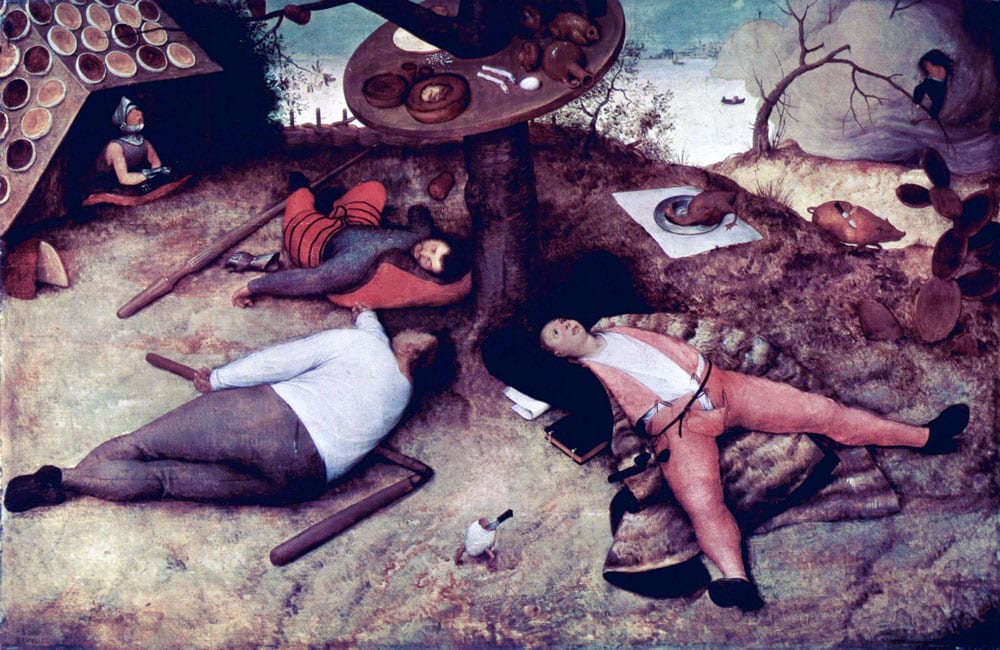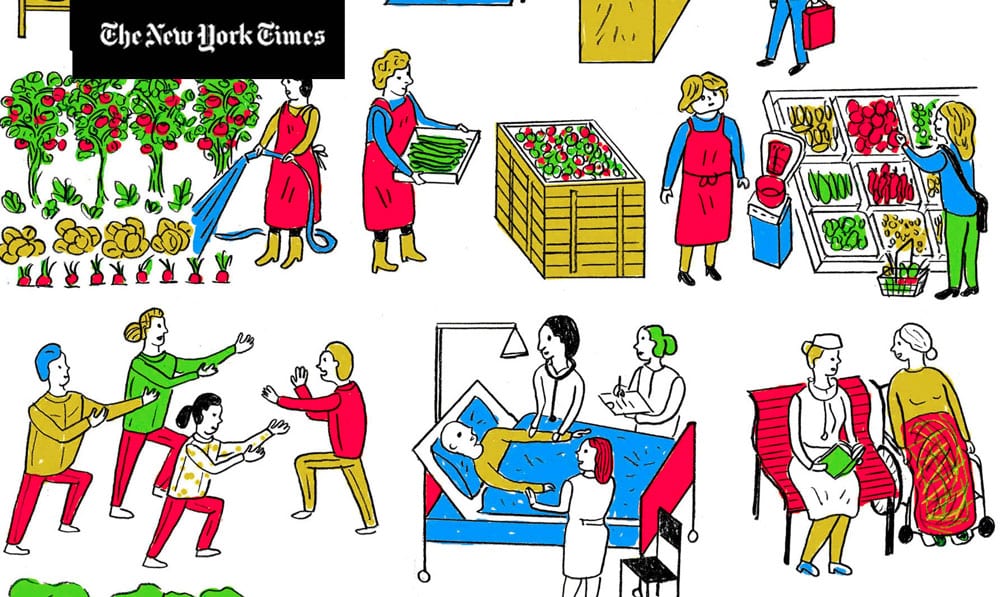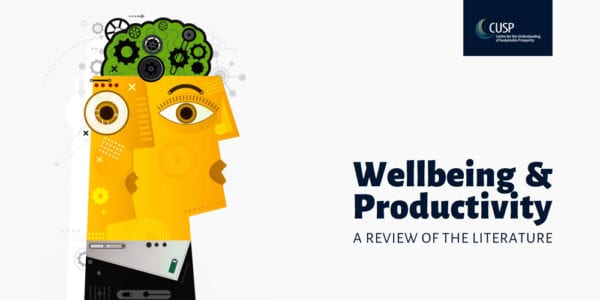A tale of two utopias: Work in a post-growth world
Journal Paper by Simon Mair, Angela Druckman and Tim Jackson
Ecological Economics Vol. 173, July 2020 | Published online: March 2020

Summary
In this paper, we aim to contribute to the literature on post-growth futures. Modern imaginings of the future are constrained by the assumptions of growth-based capitalism. To escape these assumptions we turn to utopian fiction. We explore depictions of work in Cokaygne, a utopian tradition dating back to the 12th century, and William Morris’s 19th century News from Nowhere. Cokaygne is a land of excessive consumption without work, while in News from Nowhere work is the route to the good life. These competing notions provide inspiration for a post-growth vision of work. We argue that biophysical and social dynamics mean that in a post-growth economy we are likely to have to be less productive and work more. But, this can be a utopian vision. By breaking the link between work and consumption at the level of the individual, we can remove some of the coercion in work. This would free us to do jobs that contribute to the social good, rather than generate exchange value, and empower us to fight for good work. Finally, we draw on eco-feminist analyses of capitalism to argue that by challenging labour productivity growth we can also challenge wider forces of oppression.
1. Introduction
To achieve sustainable societies we are likely to have to move beyond growth based economies. Historically, economic growth has been coupled with environmental impact. It is extremely unlikely that we will be able to decouple one from the other (Hickel and Kallis, 2019; Jackson and Victor, 2019). There are a number of dynamics that drive the growth-environment coupling. One key example is that the socio-economic structures that incentivise resource efficiency gains also incentivise using those gains to fuel further growth in production. Under such dynamics, efficiency gains ultimately drive up resource use (Jackson, 2017; Mair, 2019; Sakai et al., 2019). Addressing this and other drivers of growth will have major implications for how we live. In this paper we take the issue of work as a case in point.
1.1. Work beyond growth?
Currently, work is bound up with growth dynamics. Take, for example, the ‘productivity trap’ (Jackson and Victor, 2011). To reduce their costs, grow profits and break into new markets, firms attempt to increase labour productivity. The net result of labour productivity growth is that fewer people are needed to produce the same amount of goods. This means that without growth people are made unemployed. Under the political economy of growth-based capitalism, unemployment means a loss of social status and only limited access to the material goods of life. Consequently, the political economy of work in wealthy capitalist economies puts pressure on all of us to support growth.
A second example is the way that work is organised to support growth. When economists and politicians speak of growth they are usually discussing increases in ‘real’ GDP (Kallis, 2017). GDP is primarily designed as a way to measure and understand market activity (European Comission et al., 2008). Consequently when our economies are organised to drive growth, this results in the expansion of markets and market work – often at the expense of non-market forms of work (Dengler and Strunk, 2017). Feminists and ecological economists have for a long time argued that endless pursuit of market growth degrades other forms of work, notably ‘reproductive’ work. This is the work done by nature, and that done in the commons and in the household. This work is essential to the reproduction of society but is rarely rewarded financially. It is not coincidental that the forms of work that are degraded are those that came to be associated with women in the Middle Ages (Federici, 2014; Saunders and Dalziel, 2017).
Ecological economists have put forward two key ideas for how work might function in a post-growth or degrowth economy. 1) Reducing the number of hours worked and 2) reducing the amount of goods and services produced for each hour worked. In other words, we can reduce working hours (Hayden, 1999; Jackson and Victor, 2011; Victor, 2012; Dengler and Strunk, 2017; Zwickla et al., 2016). We can stop, reverse, or slowdown labour productivity growth (Jackson and Victor, 2011; Nørgård, 2013; Ferguson, 2016; Jackson, 2017). Or we can do both.
In this paper we bring a new perspective to these debates. We use an exploration of depictions of work in historical utopian fiction as the basis for a discussion of work in post-growth futures. We argue that the most fruitful focus for research, policy, and activism towards post-growth futures is to challenge the dynamic of labour productivity growth.
The article is available in open access via Science Direct. If you have difficulties accessing the paper, please get in touch: info@cusp.ac.uk.
Citation
Mair S, Druckman A and T Jackson 2020. A tale of two utopias: Work in a post-growth world. In: Ecological Economics, Vol 173.



